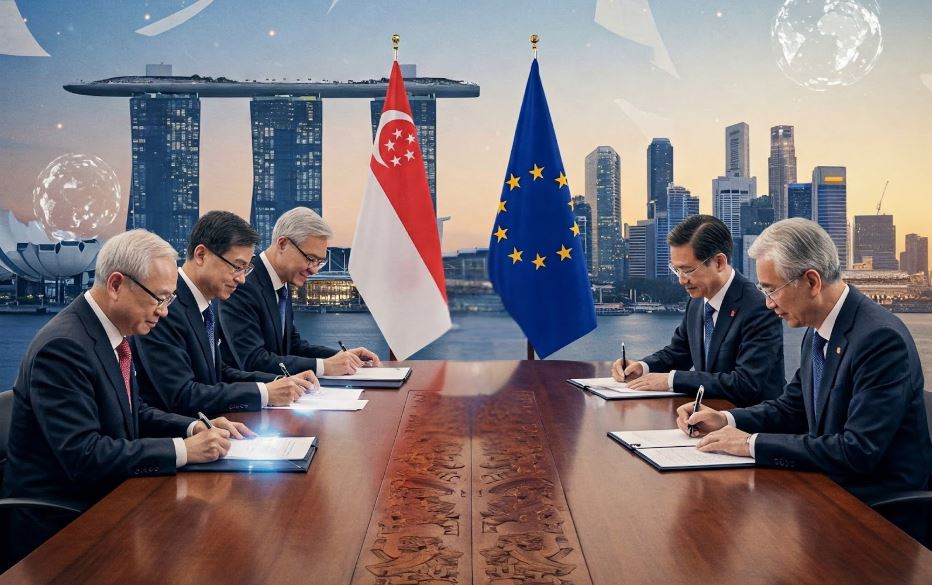Singapore helps SMEs expand overseas with salary support program

Singapore is helping small and medium-sized enterprises (SMEs) expand overseas by covering salary and allowance costs for employees posted abroad, aiming to build a globally competitive workforce while reducing financial burdens on businesses.
Under the Overseas Markets Immersion Programme, eligible SMEs can receive up to 70% salary support, capped at S$5,000 per month for nine months, and 70% coverage for overseas allowances, up to S$3,000 per month. These allowances help cover key recurring expenses such as accommodation, transport, meals and insurance.
One of the key challenges for SMEs expanding abroad is the cost of hiring local talent in foreign markets. In China, mid-level professionals typically earn between S$46,000 and S$64,500 annually, while in the U.S., salaries can reach S$120,000 to S$147,000 per year. Relocating employees from Singapore can cost anywhere from S$13,400 to S$40,000, including visas, work permits, housing allowances, moving assistance and family support. With total costs potentially reaching up to five times an employee’s salary, the financial support provided by the Singapore government is essential for businesses looking to expand abroad.
SMEs participating in the programme must set clear objectives for their employees abroad. Since employees often do not engage directly in operations, the knowledge they gain may not immediately translate into business growth. Companies should establish key performance indicators to maximize benefits, such as securing business leads and identifying strategic partners, to ensure structured knowledge transfer. Businesses focusing on international expansion should prioritize employees with strong problem-solving skills, adaptability to different work cultures and independence, as these are harder to measure objectively than technical skills.
The programme benefits SMEs in industries like manufacturing, agriculture and food production, which often face constraints such as limited land and labor in Singapore. Expanding operations overseas allows these companies to scale their business while maintaining a competitive edge.
SMEs without a registered legal entity in their target market often send employees on business or training visas rather than work permits. For example, a business or talent exchange visa is typically required in China, while in the U.S., a business or exchange visitor visa is more appropriate. To comply with regulations while gaining practical exposure, SMEs may need to collaborate with government-linked agencies, industry associations or local partners. In cases where companies lack a legal entity, working with incubators or accelerators can provide a viable solution for securing the necessary visas.
The S$16 million initiative is expected to send up to 250 employees abroad for up to two years, providing long-term career development opportunities. Singapore aims to strengthen its reputation as a global business hub while equipping its workforce with international experience.



